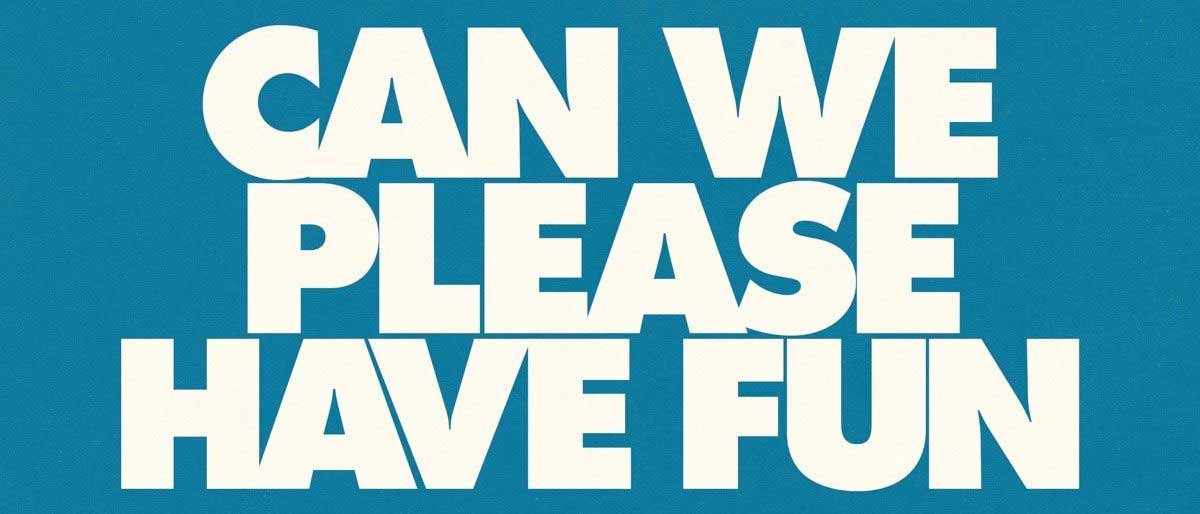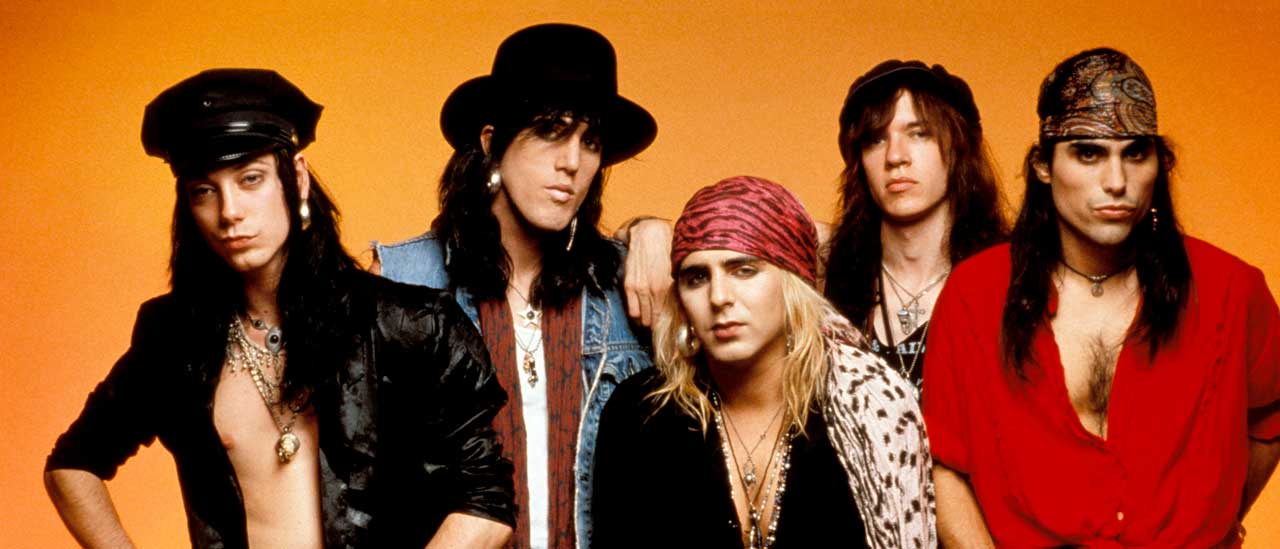You can trust Louder
Fun, you say? In these times of war, famine, economic strife and queues in pubs for seven-quid pints, Nashville’s space-country glowerers Kings Of Leon make for unlikely Michael McIntyres. But while we’re unlikely to find them doing 10k runs dressed as sideboards or being interviewed by Little Ant & Dec to promote this ninth album, they have emerged from the weighty musings of 2021’s When You See Yourself – wildfires, marital fracture, addiction, anxious youth – cautiously coated in silver lining.
‘There’s a war outside, we should all get high,’ Caleb Followill recommends as the cosmic funk groove of Nowhere to Run kicks in. Later, images of ‘panic on the streets’ are couched in the vital and excitable tones of early 00s riot-rock on Nothing to Do. It’s misleading to suggest that Followill is in ebullient and optimistic mood here; these are songs of confusion, bewilderment and anxiety. But as abstract hints of falling bombs, civil unrest and ecological collapse are peppered around songs titled Ballerina Radio and Rainbow Ball, alongside moments of youthful nostalgia and romantic security, there’s a distinct sense that life, love – and occasional lark – must go on amid the chaos.
Kings Of Leon certainly sound as though they’re having fun with their recent future-rock incarnation. Since Markus Dravs updated their sound on 2016’s Walls they’ve developed textural kinships to Tame Impala, The National and Death Cab for Cutie. Now, with Harry Styles producer Kid Harpoon adding a confident mainstream glint, they settle into such sonics, unshowy and under no pressure to over-press their modernity.
It’s an approach that allows the amorphous, motorik and Foals-y tones of Ballerina Radio and Rainbow Ball (and later the euphoric sludge rock of Seen) to service subtly crafted pop melodies which might not be the band’s most direct but are certainly among their most infectious growers. And it lets the album’s real canyon bawlers – Mustang, Nothing To Do, M Television, the gloriously strident Hesitation Generation recalling their early passion – leap from the mix.
There’s also plenty of playfulness on display. Actual Daydream alternates between surf flamenco Costello verses, and choruses akin to a mariachi Fleetwood Mac. Alt. country ballad Don’t Stop The Bleeding drifts along sweetly on crackling antique beats. The beautiful Split Screen revisits an emotional late-night video call, awash with suitably hypnagogic atmospherics. Bossa nova hula ballad Ease Me On sips its pina colada in an inflatable pineapple ring floating not too far from Mac DeMarco.
It’s no surprise party – and less giant leap than consolidatory glide – but Can We Please Have Fun has its fair share of high times.
Mark Beaumont is a music journalist with almost three decades' experience writing for publications including Classic Rock, NME, The Guardian, The Independent, The Telegraph, The Times, Uncut and Melody Maker. He has written major biographies on Muse, Jay-Z, The Killers, Kanye West and Bon Iver and his debut novel [6666666666] is available on Kindle.




